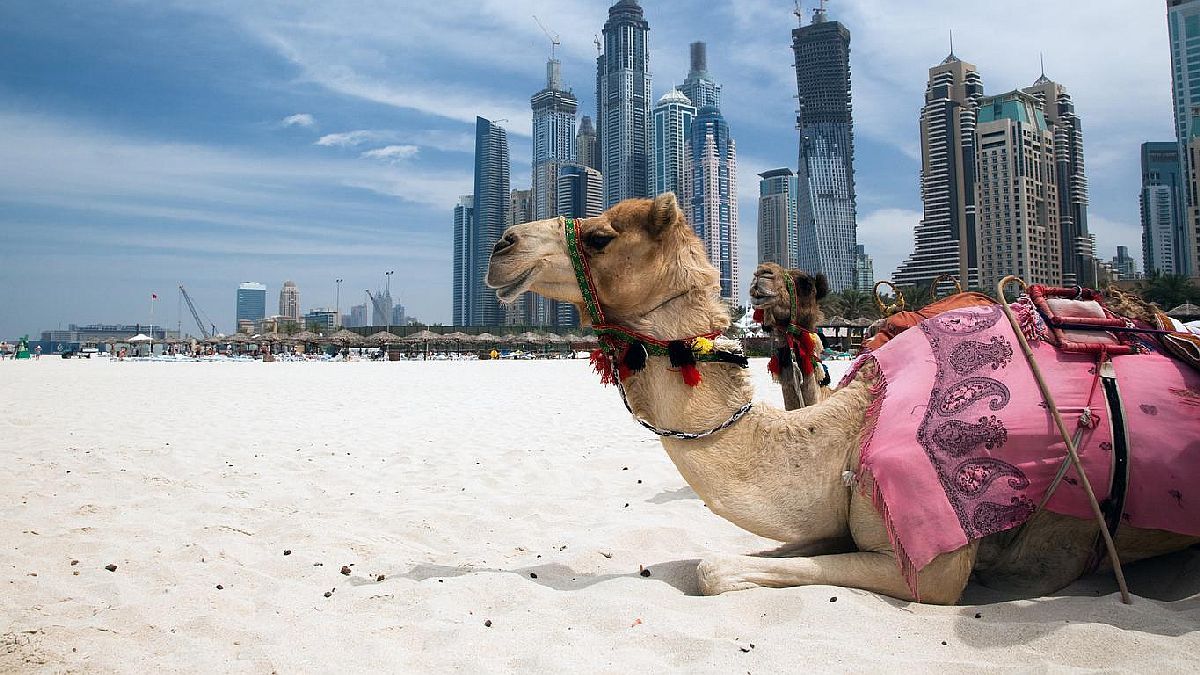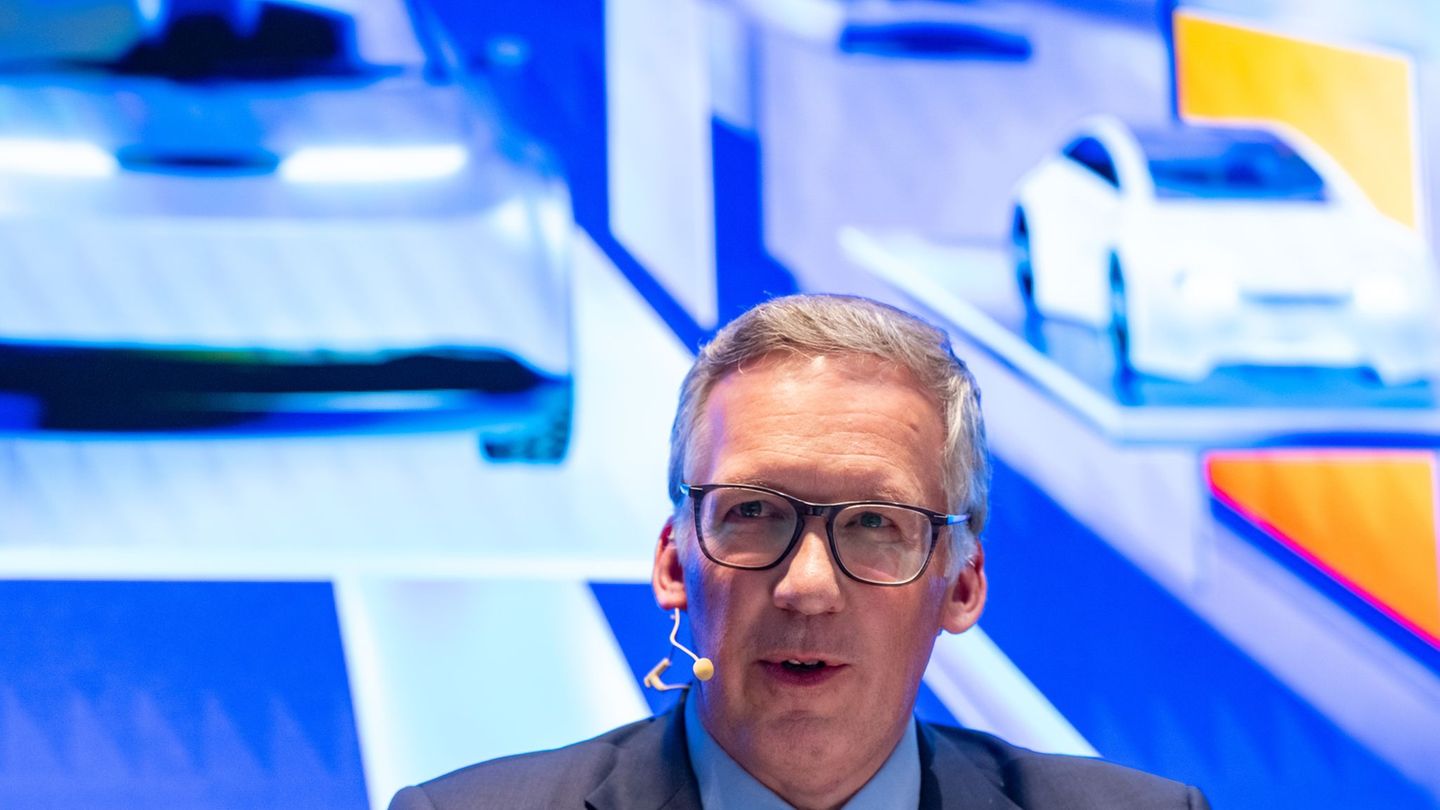Nevertheless, the outlook is more encouraging for 2021. Coface expects a 3.1% growth thanks to a rapid vaccination campaign, a strong recovery in the world economy and the rebound in energy prices. But the extent of this recovery will vary by sector. We expect the results in tourism, construction and retail to be in line with the new variants of the virus. Covid-19 will also be decisive for the retail sector, one of the most diversified and developed in the region.
Oil and transportation will benefit from the strong global and regional economic recovery. In July, the United Arab Emirates agreed with the OPEC + group to increase the baseline for its oil production. Despite the challenges, the outlook remains positive for its oil sector, in line with some investment projects aimed at expanding the country’s productive capacity. The UAE’s position as a regional business hub will support the local transport sector.
In this context, the normalization of relations between the UAE and Israel will be profitable for both parties in terms of trade and investment in different sectors. On the contrary, some unexpected tensions could arise with Saudi Arabia, a historical ally, around the competition for the status of regional axis. However, these tensions are expected to be limited to the economic sphere.
United Arab Emirates.jpg
“The UAE is one of the most diversified economies in the region and plays an important role as a regional commercial center. We expect growth to be supported by rising oil prices, the strong vaccination campaign in the country and the recovery of world trade volumes. These factors will translate into a direct improvement in operating conditions in a number of sectors such as tourism, energy and retail, although the pace of recovery will be variable, “he said. Seltem Ygun, an economist at Coface.
For the analyst, the organization of Expo 2020 will help the country attract tourists, which in turn will support the construction and real estate sectors. “However, the latter will need more time to return to its pre-Covid performance. In fact, work-from-home policies and the decline in the expatriate population after the crisis will continue to put pressure on property prices. In this sense, the will of the authorities to follow fiscal discipline would also weigh on the realization of new projects. Building new regional alliances has become increasingly important for the UAE, given increasing competition to its position as a regional hub from Saudi Arabia and Qatar. “, Held.
In addition, Seltem Ygun highlighted that “The normalization of relations with Israel is expected to offer important opportunities for both countries in terms of trade and investment in a wide range of areas such as tourism, agriculture, defense and energy.”.
A sustainable recovery after COVID-19?
Following the oil price war between Saudi Arabia and Russia in March 2020, oil prices fell to $ 20 a barrel, from about $ 70 at the beginning of the year. According to preliminary estimates, the UAE economy contracted by 6.1% in 2020, in line with the contraction of the world economy. The non-oil economy contracted by 6.2%, with accommodation and food services decreasing by 23.6%, wholesale and retail trade by 13% and construction by 10.4%. However, the growth outlook is more encouraging for 2021 and is expected to be 3.1% due to several reasons: the base effect, rising oil prices, one of the highest vaccination rates in the world and the recovery of the world economy faster than expected.
The first impact of this rapid deployment of vaccines and the lifting of sanitary restrictions will be felt in the tourism sector, which accounted for 7-8% of GDP in 2019.
International arrivals to the UAE are estimated to have plummeted by around 70%. Thanks to the vaccine, authorities have allowed hotels to return to full capacity. This should allow the emirate to take full advantage of the Dubai Expo, a highly anticipated six-month event scheduled to start in October 2021. About 35% of total tourist arrivals to the UAE come from Asia-Pacific , 27% from Europe and 26% from the Middle East. Once these countries reopen and visitors are vaccinated, the tourism sector will rebound.
Pre-COVID-19 performance is not expected to return immediately. The 12 million tourists expected in 2021 will be below pre-crisis levels, generating revenues of $ 15 billion compared to $ 35 billion in 2019. Recovery will keep pace with vaccination in countries of origin, travel restrictions and persistent health risks around the world. In addition, the decision of the federal authorities to apply fiscal discipline by cutting spending by 5.3% in 2021 will weigh on the realization of new projects in the tourism and hotel sectors.
Abu Dhabi.jpg
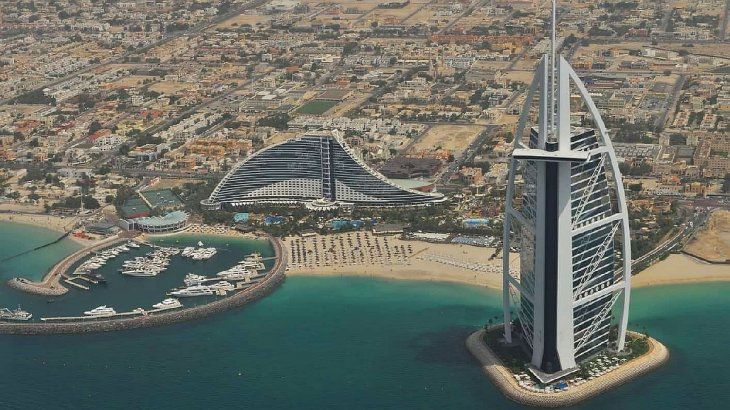
Capture the Atlas
This fiscal discipline will slow down the recovery of the real estate and construction sector, which contracted in 2020. In the first quarter of 2021, average sales prices and rental rates in Dubai continued to decline by 5% and 10% compared to the previous year. On Abu Dhabi, median sales prices appear to have stabilized in the first quarter of 2021, while median rental rates were still 3.5% below their 2020 level. Nonetheless, the UAE remains an attractive hub thanks to its political stability and business-friendly environment. The authorities have recently allowed 100% foreign ownership of local businesses to encourage foreign direct investment and have launched new expatriate visa initiatives. However, the COVID-19 pandemic has caused an outflow of expatriate professionals from the UAE.
Vaccination and the recovery of tourist flows will positively affect retail sales, albeit gradually. After plummeting 14.3% in 2020, private consumption is expected to grow 1.1% in 2021, supported by government stimulus. The measures include federal support through the reduction of fees, taxes and other charges to companies, credit guarantees, tax refunds. For households, the government introduced deferral of payments of outstanding installments and interest on loans and credit cards, subsidies for water and electricity, as well as various banking facilities.
Spending on food and non-alcoholic beverages is expected to increase 3.3% in 2021 compared to 2020. Household items are another segment that will benefit from the recovery: Sales are expected to rise 4.9% in 2021, after declining 9.2% in 2020, supported by stifled demand as consumers put off their big purchases during the pandemic.
Oil and transportation depend on the recovery of the world economy and trade
Rising oil prices will also help the UAE’s economic recovery, as oil accounts for around 30% of GDP and 50% of tax revenue. For now In 2021, oil prices have risen by almost 50% since the end of 2020, reaching $ 73 per barrel, due to increased global demand and some supply disruptions. The UAE exports around 90% of its oil to Asia. The economic recovery of Japan, South Korea and China will therefore be crucial for the UAE’s export earnings. The terms of the OPEC + deal agreed in April 2020 – cutting back part of oil production to support oil prices – were penalizing the UAE.
Following a breakdown in talks, the UAE and Saudi Arabia agreed on a new production base from May 2022. The UAE needs its oil revenues to finance its economic diversification strategy and expand its capabilities in other segments.
Oil World.jpg
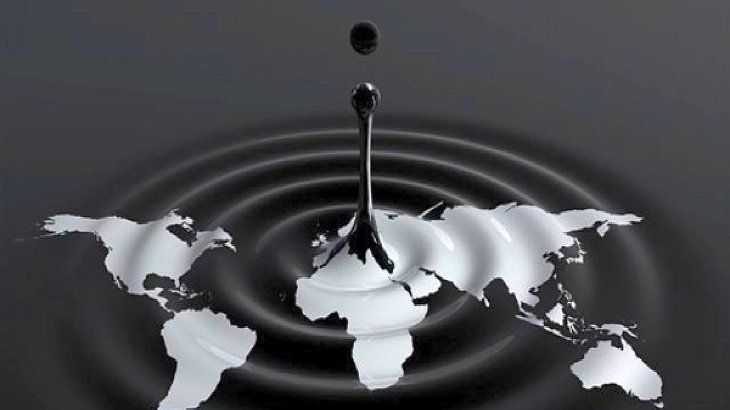
FFSignal
Despite these short-term challenges, lhe outlook remains positive for the UAE’s oil sector, in line with some investment projects aimed at expanding the country’s production capacity.
The resilience of the economic recovery will also depend on the continuation of the UAE’s role as regional center. Increased international trade volumes thanks to reopening economies and global vaccination efforts will support UAE trade, which is expected to reach $ 540 billion in 2021 compared to $ 478 billion in 2020.. Hydrocarbons represent around 20% of total merchandise export earnings. As the main goods re-exported by the country consist of mineral products, plastics, chemicals, metals and transport vehicles, they are very sensitive to world prices of raw materials. The recovery of all these categories will increase the transport of goods by road. Air transport is also expected to grow in relation to increased domestic demand, the organization of Expo 2020 and the transport of emergency medical devices.
In the new economic conditions, the creation of alliances has become more important to take advantage of the opportunities. Therefore, it is necessary to analyze the efforts to normalize relations between the UAE and Israel and the recent disagreements with Saudi Arabia during the OPEC + talks.
Regional opportunities and challenges
In September 2020, the UAE became the third Arab country to agree to normalize its relations with Israel. The agreement represents important opportunities for both countries in terms of trade and investment. For the UAE, it could be a key step in boosting its diversification efforts. Tourism, defense, agriculture and energy would be the main beneficiaries. Israel’s imports of crude oil and other liquids could increase by 5.9% over the previous year. The deal would allow the UAE to take over a share of this additional demand. The normalization of ties would also allow the UAE to benefit from Israeli technological and innovation capabilities.
Juan Carlos hotel United Arab Emirates
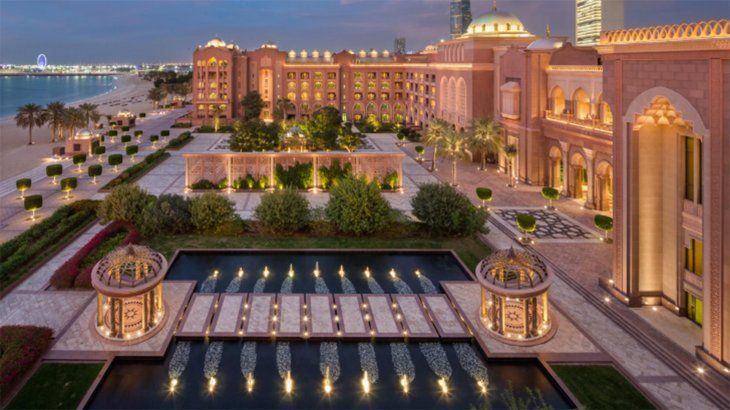
Foto: Emirates Palace
In April 2021, the UAE announced the structuring of a $ 10 billion investment fund to invest in strategic sectors in Israel, such as energy, water, manufacturing, space, agro-technology and healthcare. The two countries also signed a bilateral trade and economic cooperation agreement in June. The authorities affirmed that bilateral trade reached 675 million dollars in the 10 months following the signing of the agreement to normalize relations.
The main reason for the conflict between UAE and Saudi Arabia it is related to their willingness to diversify their economies away from oil. At present, the UAE has the status of a regional commercial center. Secondly, Saudi Arabia, whose economy is more dependent on oil than that of the UAE, has launched a strategy that seeks a national transformation to become a center for business and commerce. However, the conflict should be limited to the economy, since politically they are expected to remain allies, especially at a time marked by uncertainty about regional stability. Ties between the GCC countries and the US administration appear to be cooling. In addition, the United States is considering returning to the nuclear deal with Iran, from which it withdrew in 2018. These uncertainties should prevent a breakdown of political ties between the two heavyweights in the region.
David William is a talented author who has made a name for himself in the world of writing. He is a professional author who writes on a wide range of topics, from general interest to opinion news. David is currently working as a writer at 24 hours worlds where he brings his unique perspective and in-depth research to his articles, making them both informative and engaging.

